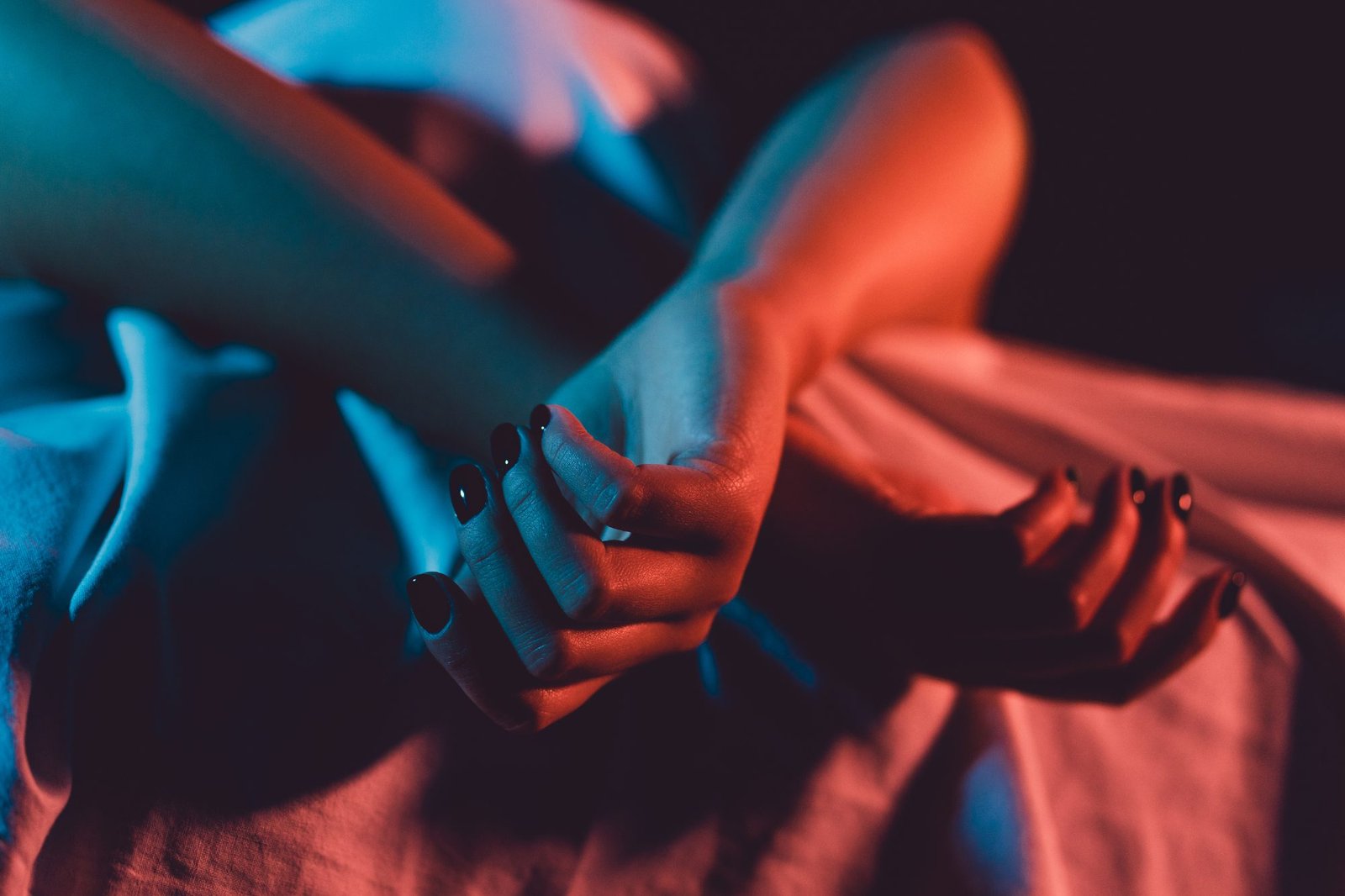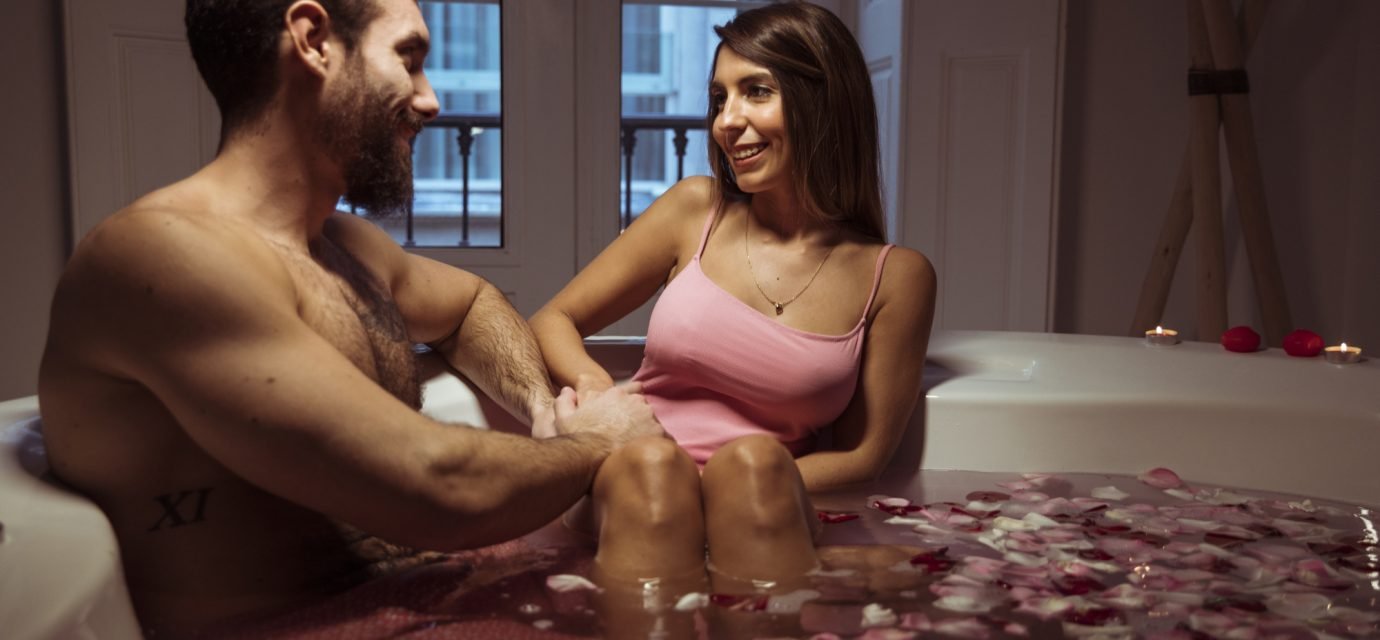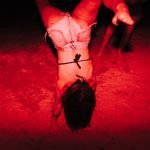Understanding Racial Dynamics in Swinging Spaces
We must recognize that racial dynamics in the lifestyle community are complex and deeply rooted in broader societal patterns. While the swinging lifestyle promises openness, freedom, and inclusivity, it is not immune to the subtle and overt biases that shape how people interact, connect, and feel welcome. Addressing these dynamics with honesty and commitment is vital for cultivating truly inclusive spaces.
Table Of Content
- Understanding Racial Dynamics in Swinging Spaces
- Historical Context and Present Realities
- Fetishization vs. Genuine Attraction
- Representation in Clubs and Events
- Experiences of Microaggressions
- Inclusive Policies and Codes of Conduct
- Supporting BIPOC-Owned Spaces
- Confronting Stereotypes in Play Preferences
- Cultural Sensitivity and Language
- Building Cross-Racial Solidarity
- Creating Safer Online Spaces
- Education as a Catalyst for Change
- Accountability and Growth
- A Vision for the Future
Historical Context and Present Realities
Historically, the sexualization and fetishization of people of color have left lasting scars that still echo in today’s swinger spaces. From exoticized tropes to stereotypes about masculinity and femininity, these narratives often influence how individuals are approached, perceived, and treated.
In many lifestyle settings, Black, Indigenous, and People of Color (BIPOC) find themselves navigating an environment where they may be both hyper-visible and invisible at the same time—desired for fetishistic reasons while simultaneously being left out of genuine connections and leadership roles.
Fetishization vs. Genuine Attraction
One of the most pressing aspects of racial dynamics in the lifestyle is the difference between healthy attraction and racial fetishization. Being attracted to a person of another race is not inherently problematic; however, when that attraction is based solely on stereotypes or exotic fantasies, it becomes dehumanizing.
We must encourage community members to self-reflect and question whether their interest is rooted in authentic connection or shaped by biases and racial myths. Clubs and events can help address this by hosting discussions and setting clear expectations for respectful behavior.
Representation in Clubs and Events
Too often, promotional materials, club websites, and event photos predominantly feature white couples. This lack of representation can discourage BIPOC individuals from joining or staying engaged in the community. Visual inclusion is not tokenism—it signals belonging.
Lifestyle venues should intentionally diversify their imagery and actively invite BIPOC influencers, educators, and hosts to help shape the culture. Representation must extend to leadership roles to ensure that diverse voices are involved in decision-making and policy development.
Experiences of Microaggressions
Microaggressions—subtle, often unintentional slights or comments—can have a profound impact on BIPOC swingers’ sense of safety and comfort. Questions like “What are you?” or assumptions about someone’s sexual preferences based on race can create discomfort and alienation.
We must normalize calling out microaggressions and support bystanders in stepping in when they hear problematic language. Hosting regular anti-bias workshops and training for staff and community members alike helps reduce ignorance and fosters empathy.

Inclusive Policies and Codes of Conduct
Every club, party, or online space should have a robust code of conduct that explicitly prohibits racial discrimination and harassment. Clear guidelines about language, behavior, and consent help prevent harmful interactions.
Reporting systems should be transparent and supportive, allowing those who experience racism to come forward without fear of retaliation or dismissal. Accountability builds trust and sets a higher standard for the entire community.
Supporting BIPOC-Owned Spaces
When we support BIPOC-owned clubs, events, and content creators, we directly invest in the expansion of safe, inclusive environments that understand the unique cultural nuances of racial dynamics. These spaces often provide culturally sensitive experiences and create opportunities for authentic representation and leadership.
Collaboration between mainstream and BIPOC-led groups builds bridges, expands networks, and signals that diversity is not an afterthought but a cornerstone of the community.
Confronting Stereotypes in Play Preferences
Stereotypes about certain racial groups can shape expectations and fantasies in ways that are deeply harmful. Black men, for example, are frequently typecast as hypersexual “bulls” in some swinger circles, while Asian men and women often face desexualizing stereotypes.
We must challenge these narratives. Open conversations about preferences versus prejudices help us understand the difference between personal attraction and bias-driven assumptions. Honest dialogue strengthens consent and ensures that everyone is seen as a complete person, not a category.
Cultural Sensitivity and Language
Language matters. Clubs should train their staff to pronounce names correctly, avoid offensive slang, and intervene immediately if racial slurs are used. Similarly, cultural sensitivity must extend to event themes and dress codes—cultural appropriation for the sake of an “exotic” party theme can alienate and offend.
When in doubt, organizers should consult with BIPOC community members to ensure cultural elements are celebrated respectfully, not exploited.
Building Cross-Racial Solidarity
The responsibility for dismantling racism in the lifestyle does not rest solely on BIPOC swingers. Allies must actively listen, learn, and stand up against bias. Couples and singles can expand their horizons by connecting with people from different backgrounds, seeking genuine friendships, and challenging prejudices within their circles.
Solidarity means amplifying BIPOC voices, sharing resources, and supporting diverse businesses and educators within the lifestyle.
Creating Safer Online Spaces
Online platforms and directories play a huge role in shaping racial dynamics. Moderators should swiftly address racially insensitive profiles, language, or messages. Platforms should empower users to report harassment and ensure that community guidelines are enforced consistently.
Dedicated online communities for BIPOC swingers offer spaces to share experiences, build networks, and organize events that prioritize safety and cultural understanding.
Education as a Catalyst for Change
Education is one of the most powerful tools for transforming the lifestyle’s racial dynamics. Workshops on anti-racism, intersectional sexuality, and respectful communication build empathy and awareness. Book clubs, panels, and speaker series that spotlight BIPOC educators create opportunities to learn and grow together.
Education should not be optional but woven into the culture of every club, resort, and event. It is a commitment that must be renewed continuously.
Accountability and Growth
Changing the racial dynamics in the lifestyle requires courage and accountability. Clubs must commit to measuring progress, listening to feedback, and adjusting policies as needed. Surveys, listening sessions, and open forums create pathways for continuous improvement.
Individuals must also take personal responsibility. By acknowledging our blind spots, challenging biases, and choosing authentic, respectful connections, we help shape a community that truly lives up to its ideals of freedom and openness.
A Vision for the Future
The future of the lifestyle community must be intentionally anti-racist, radically inclusive, and genuinely diverse. When we confront the complexities of racial dynamics, we honor the principle that pleasure, connection, and exploration should be available to all—free from prejudice and stereotype.
Let us commit to doing the work together. By centering racial equity in every interaction, decision, and gathering, we build a stronger, safer, and more welcoming lifestyle community for everyone who calls it home.





